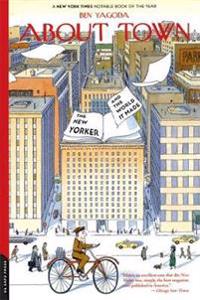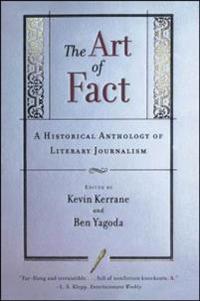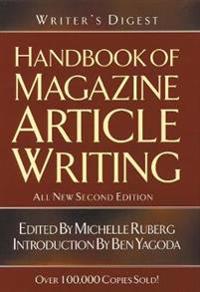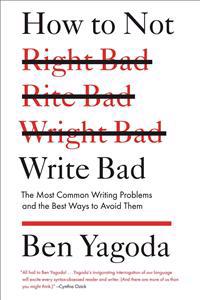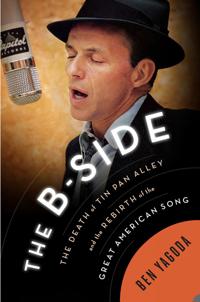About Town (Pocket)
avBen Yagoda
ISBN: 9780306810237 - UTGIVEN: 2001-03For more than seven decades, the New Yorker has been the embodiment of urban sophistication and literary accomplishment, the magazine where the best work of virtually every prose giant of the century first appeared. With all the authority and elegance such a subject demands, Yagoda tells the fascina[...]
The Art of Fact (Pocket)
avKevin Kerrane, Ben Yagoda, Kevin Kerrane
ISBN: 9780684846309 - UTGIVEN: 199808This fascinating compilation of the journalist's art unites the reporter's magnificent eye for detail with the novelist's gift for storytelling. Featuring eyewitness accounts of war and social revolution, profiles of sports heroes and politicians, and eye-opening investigations into both the mundane[...]
Writer's Digest Handbook Of Magazine Article Writing (Pocket)
avMichelle Ruberg, Ben Yagoda, Michelle Ruberg
ISBN: 9781582973340 - UTGIVEN: 200412Presents a host of original material as well as articles taken from the pages of the best-selling Writer's Digest, providing coverage of such topics as finding the right magazine to submit one's work, composing a professional and eye-catching query letter, and maximizing one's chances for repeat ass[...]
Memoir: A History (Häftad)
avBen Yagoda
ISBN: 9781594484827 - UTGIVEN: 2010-10From Augustine's "Confessions" to Augusten Burroughs's "Running with Scissors," from Julius Caesar to Ulysses S. Grant, from Mark Twain to David Sedaris, the art of memoir has had a fascinating life, and deserves its own biography. "As Yagoda says: 'Memoir has become the central form of the culture:[...]
How to Not Write Bad: The Most Common Writing Problems and the Best Ways to Avoid Them (Häftad)
avBen Yagoda
ISBN: 9781594488481 - UTGIVEN: 201302Ben Yagoda's "How to Not Write Bad "illustrates how we can all write better, more clearly, and for a wider readership.
He offers advice on what he calls "not-writing-badly," which consists of the ability, first, to craft sentences that are correct in terms of spelling, diction (word choice), pu[...]The B-Side (Inbunden)
avBen Yagoda
ISBN: 9781594488498 - UTGIVEN: 2015-02From an acclaimed cultural critic, a narrative and social history of the Great American Songwriting era.
Everybody knows and loves the American Songbook. But it's a bit less widely understood that in about 1950, this stream of great songs more or less dried up. All of a sudden, what came over t[...]

